-
 Bitcoin
Bitcoin $116,413.6316
4.86% -
 Ethereum
Ethereum $2,962.3587
7.88% -
 Tether USDt
Tether USDt $1.0001
-0.03% -
 XRP
XRP $2.5463
5.77% -
 BNB
BNB $683.8102
2.44% -
 Solana
Solana $162.9791
3.86% -
 USDC
USDC $0.9997
-0.03% -
 Dogecoin
Dogecoin $0.1914
5.76% -
 TRON
TRON $0.2924
0.89% -
 Cardano
Cardano $0.6703
7.88% -
 Hyperliquid
Hyperliquid $43.7028
7.30% -
 Sui
Sui $3.4587
13.54% -
 Bitcoin Cash
Bitcoin Cash $518.1126
1.86% -
 Chainlink
Chainlink $15.0839
5.67% -
 Stellar
Stellar $0.3042
5.75% -
 Avalanche
Avalanche $20.4077
4.97% -
 UNUS SED LEO
UNUS SED LEO $9.0358
0.51% -
 Hedera
Hedera $0.1872
9.88% -
 Shiba Inu
Shiba Inu $0.0...01313
5.47% -
 Toncoin
Toncoin $2.9247
3.13% -
 Litecoin
Litecoin $94.4364
4.20% -
 Polkadot
Polkadot $3.8239
5.24% -
 Monero
Monero $327.9946
0.97% -
 Dai
Dai $0.9998
-0.03% -
 Ethena USDe
Ethena USDe $1.0005
-0.06% -
 Uniswap
Uniswap $8.4634
1.54% -
 Bitget Token
Bitget Token $4.5155
2.83% -
 Pepe
Pepe $0.0...01210
8.42% -
 Aave
Aave $311.6595
3.63% -
 Pi
Pi $0.5012
6.68%
Can a smart contract interact with an off-chain API?
Smart contracts use oracles to securely access external APIs, enabling them to retrieve real-world data like cryptocurrency prices for decentralized applications.
Jul 10, 2025 at 09:42 pm
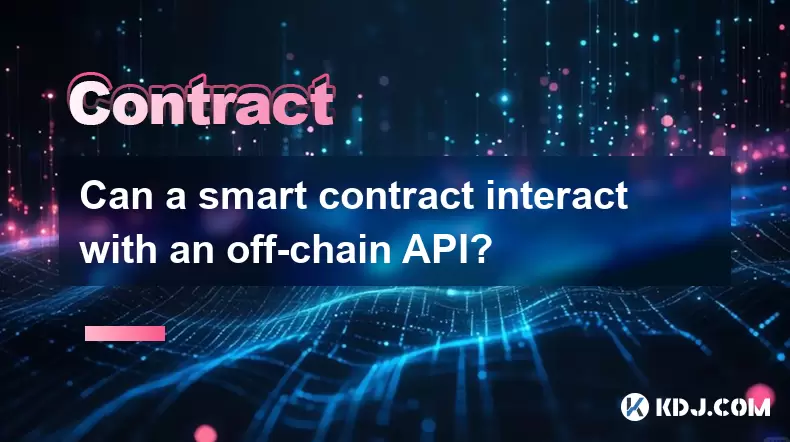
What is a Smart Contract?
A smart contract is a self-executing contract with the terms of the agreement directly written into lines of code. These contracts run on blockchain platforms like Ethereum and automatically execute actions when predetermined conditions are met. Because they operate on decentralized networks, smart contracts are immutable and transparent. However, due to the nature of blockchain environments, smart contracts cannot directly interact with external systems, such as off-chain APIs, without additional tools.
Blockchain networks maintain consensus through nodes that validate transactions and ensure data integrity. For this reason, external data sources are considered untrusted unless verified by the network. This limitation leads to the question: how can a smart contract access real-world data or services outside its native environment?
The Challenge of Off-Chain Data Integration
Smart contracts are inherently isolated from the internet and other external systems. This isolation ensures security and consistency across the decentralized network but also creates a barrier for accessing live data. For example, if a smart contract needs to fetch cryptocurrency prices, weather information, or sports results, it must rely on an intermediary known as an oracle.
An oracle serves as a bridge between the blockchain and external data sources. It retrieves data from off-chain APIs and delivers it to the smart contract in a trusted manner. Oracles come in various forms—centralized, decentralized, or human-based—and each type has different implications for trust and reliability.
How Do Smart Contracts Use External APIs via Oracles?
To enable interaction between a smart contract and an off-chain API, developers integrate oracle services into their contract logic. The process involves several steps:
- Define the data requirement: Identify what kind of data the smart contract needs and which API provides it.
- Select a reliable oracle provider: Choose an oracle service like Chainlink, Band Protocol, or Pyth Network that supports secure data feeds.
- Integrate oracle contracts: Deploy oracle contracts alongside the main smart contract to handle data requests.
- Make a data request: The smart contract sends a request to the oracle, specifying the required data and any parameters.
- Receive and verify data: The oracle fetches data from the API, signs it cryptographically, and returns it to the smart contract.
- Use the data in execution: Once validated, the smart contract uses the data to trigger functions or update state variables.
Each step must be carefully implemented to avoid vulnerabilities. Developers often use predefined interfaces provided by oracle services to simplify integration and ensure compatibility.
Practical Example: Fetching Price Data Using Chainlink
Let’s walk through a practical example using Chainlink, one of the most popular oracle solutions for Ethereum-based smart contracts.
- Set up your development environment: Install Solidity compiler, Truffle, Hardhat, or Remix IDE.
- Import Chainlink contracts: Use
@chainlink/contractsto import necessary interfaces and libraries. - Create a new contract: Define a contract that inherits from
ChainlinkClient. - Configure the oracle and job ID: Set the oracle address and specify the job ID that maps to the desired API endpoint.
- Specify the payment amount: Determine how much LINK token to pay the oracle node for retrieving the data.
- Build the request function: Implement a function that calls
chainlinkRequest()with the appropriate parameters. - Handle the response: Define a callback function that receives and processes the returned data.
This workflow allows a smart contract to securely retrieve price data from a financial API, which can then be used for DeFi applications, NFT minting, or conditional transfers.
Security Considerations When Using Oracles
While oracles enable powerful functionality, they also introduce potential attack vectors. If an oracle is compromised or provides incorrect data, the smart contract may behave unpredictably. To mitigate these risks:
- Choose reputable oracle providers: Only use well-audited and community-trusted oracle services.
- Implement multi-source aggregation: Combine data from multiple oracles to reduce reliance on a single point of failure.
- Verify cryptographic signatures: Ensure that the data received comes from a legitimate source by checking digital signatures.
- Monitor oracle performance: Regularly audit oracle responses and set thresholds for acceptable deviation.
- Use fallback mechanisms: Design the contract to handle cases where data retrieval fails or returns unexpected values.
These precautions help maintain the integrity and reliability of smart contracts interacting with external APIs.
Frequently Asked Questions (FAQs)
Q1: Can a smart contract call any HTTP API directly?
No, smart contracts cannot make direct HTTP calls because blockchain nodes do not have internet access. They must rely on oracles to fetch and deliver off-chain data securely.
Q2: Are all oracles centralized?
Not all oracles are centralized. Some, like Chainlink and Band Protocol, offer decentralized oracle networks that aggregate data from multiple sources to enhance trust and accuracy.
Q3: What happens if an oracle returns incorrect data?
If an oracle returns inaccurate or malicious data, it can lead to unintended behavior in the smart contract. This scenario highlights the importance of selecting reliable oracles and implementing redundancy measures.
Q4: Is there a cost associated with using oracles?
Yes, using oracles typically requires paying fees in the form of tokens like LINK (for Chainlink). These payments compensate oracle providers for retrieving and delivering data to the blockchain.
Disclaimer:info@kdj.com
The information provided is not trading advice. kdj.com does not assume any responsibility for any investments made based on the information provided in this article. Cryptocurrencies are highly volatile and it is highly recommended that you invest with caution after thorough research!
If you believe that the content used on this website infringes your copyright, please contact us immediately (info@kdj.com) and we will delete it promptly.
- Coinbase & Perplexity: AI-Powered Crypto Insights with Live Data
- 2025-07-11 04:50:13
- Coinbase, Perplexity AI, and Crypto Prices: Navigating the AI-Crypto Convergence
- 2025-07-11 04:50:13
- XRP, Axelar, Interoperability: A New Era for Cross-Chain DeFi
- 2025-07-11 02:30:12
- NEAR Protocol Price Analysis: Navigating July 2025's Trends
- 2025-07-11 03:30:13
- Tokenization: Navigating Complexity and Implementing Seamless Payments
- 2025-07-11 03:30:13
- Bitcoin's Record-Breaking Run: Decoding the Key Factors
- 2025-07-11 04:10:13
Related knowledge
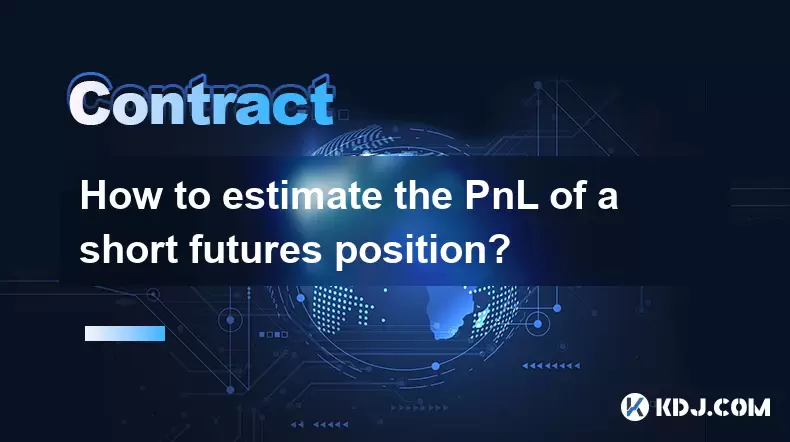
How to estimate the PnL of a short futures position?
Jul 10,2025 at 05:00pm
Understanding the Basics of Futures Trading and PnLIn futures trading, a trader enters into a contract to buy or sell an asset at a predetermined pric...
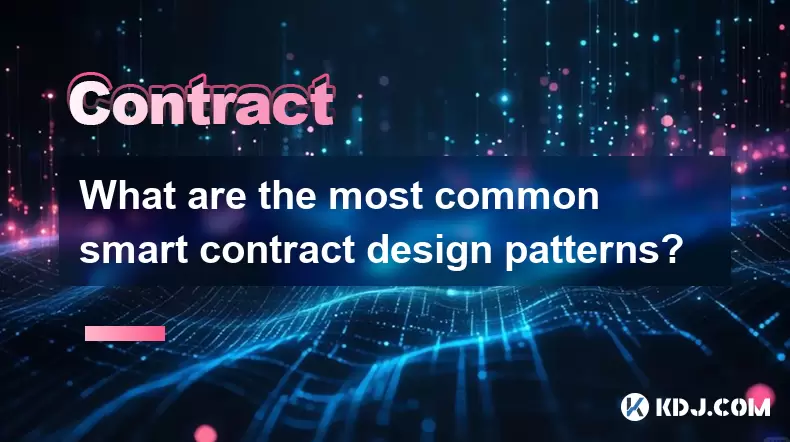
What are the most common smart contract design patterns?
Jul 10,2025 at 09:29pm
Introduction to Smart Contract Design PatternsSmart contract design patterns are standardized solutions to recurring problems encountered during the d...
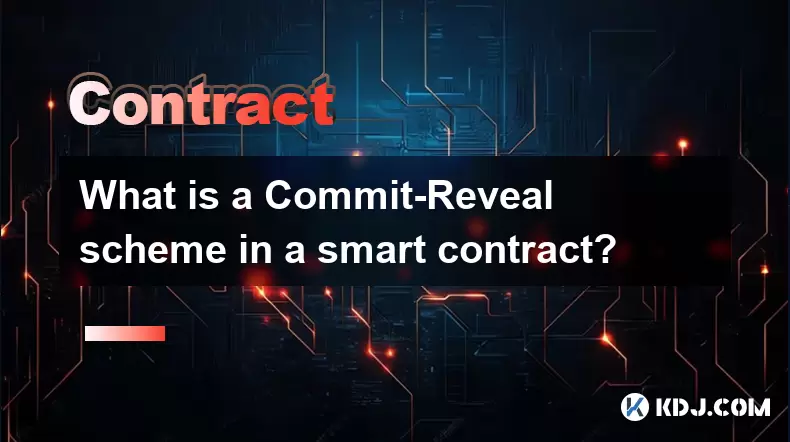
What is a Commit-Reveal scheme in a smart contract?
Jul 10,2025 at 05:22pm
Understanding the Concept of a Commit-Reveal SchemeIn the realm of blockchain and smart contracts, privacy and fairness are often critical concerns, e...
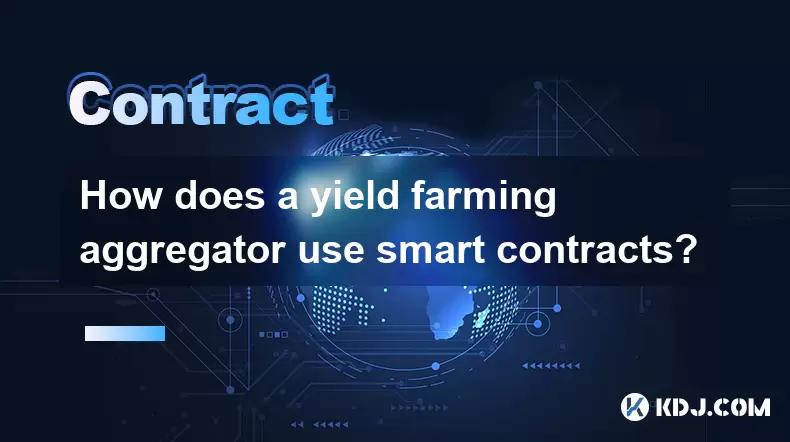
How does a yield farming aggregator use smart contracts?
Jul 11,2025 at 02:49am
Understanding the Role of Smart Contracts in Yield Farming AggregatorsA yield farming aggregator leverages smart contracts to automate and optimize th...

Can a smart contract interact with an off-chain API?
Jul 10,2025 at 09:42pm
What is a Smart Contract?A smart contract is a self-executing contract with the terms of the agreement directly written into lines of code. These cont...
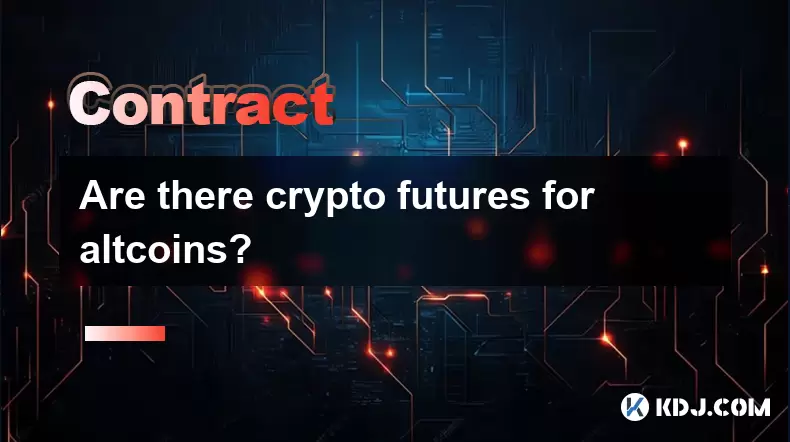
Are there crypto futures for altcoins?
Jul 10,2025 at 11:14pm
What Is a Crypto Faucet and How Does It Work?A crypto faucet is an online platform or application that rewards users with small amounts of cryptocurre...

How to estimate the PnL of a short futures position?
Jul 10,2025 at 05:00pm
Understanding the Basics of Futures Trading and PnLIn futures trading, a trader enters into a contract to buy or sell an asset at a predetermined pric...

What are the most common smart contract design patterns?
Jul 10,2025 at 09:29pm
Introduction to Smart Contract Design PatternsSmart contract design patterns are standardized solutions to recurring problems encountered during the d...

What is a Commit-Reveal scheme in a smart contract?
Jul 10,2025 at 05:22pm
Understanding the Concept of a Commit-Reveal SchemeIn the realm of blockchain and smart contracts, privacy and fairness are often critical concerns, e...

How does a yield farming aggregator use smart contracts?
Jul 11,2025 at 02:49am
Understanding the Role of Smart Contracts in Yield Farming AggregatorsA yield farming aggregator leverages smart contracts to automate and optimize th...

Can a smart contract interact with an off-chain API?
Jul 10,2025 at 09:42pm
What is a Smart Contract?A smart contract is a self-executing contract with the terms of the agreement directly written into lines of code. These cont...

Are there crypto futures for altcoins?
Jul 10,2025 at 11:14pm
What Is a Crypto Faucet and How Does It Work?A crypto faucet is an online platform or application that rewards users with small amounts of cryptocurre...
See all articles





















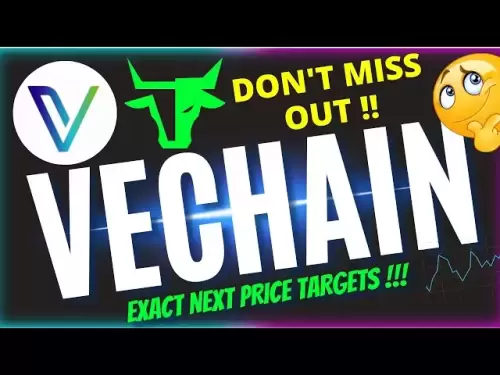




![Bitcoin is about to plummet and get 9-7W long-term short orders [Chainblade’s latest market BTC technical analysis] July 10, 2025 Bitcoin is about to plummet and get 9-7W long-term short orders [Chainblade’s latest market BTC technical analysis] July 10, 2025](/uploads/2025/07/10/cryptocurrencies-news/videos/bitcoin-plummet-w-term-short-chainblade-market-btc-technical-analysis-july/686f8f4c58e52_image_120_90.webp)






























































